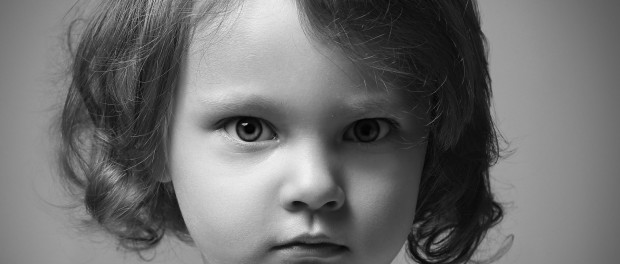RAD & DSED By Trauma, Abuse, Neglect, Tragedy???
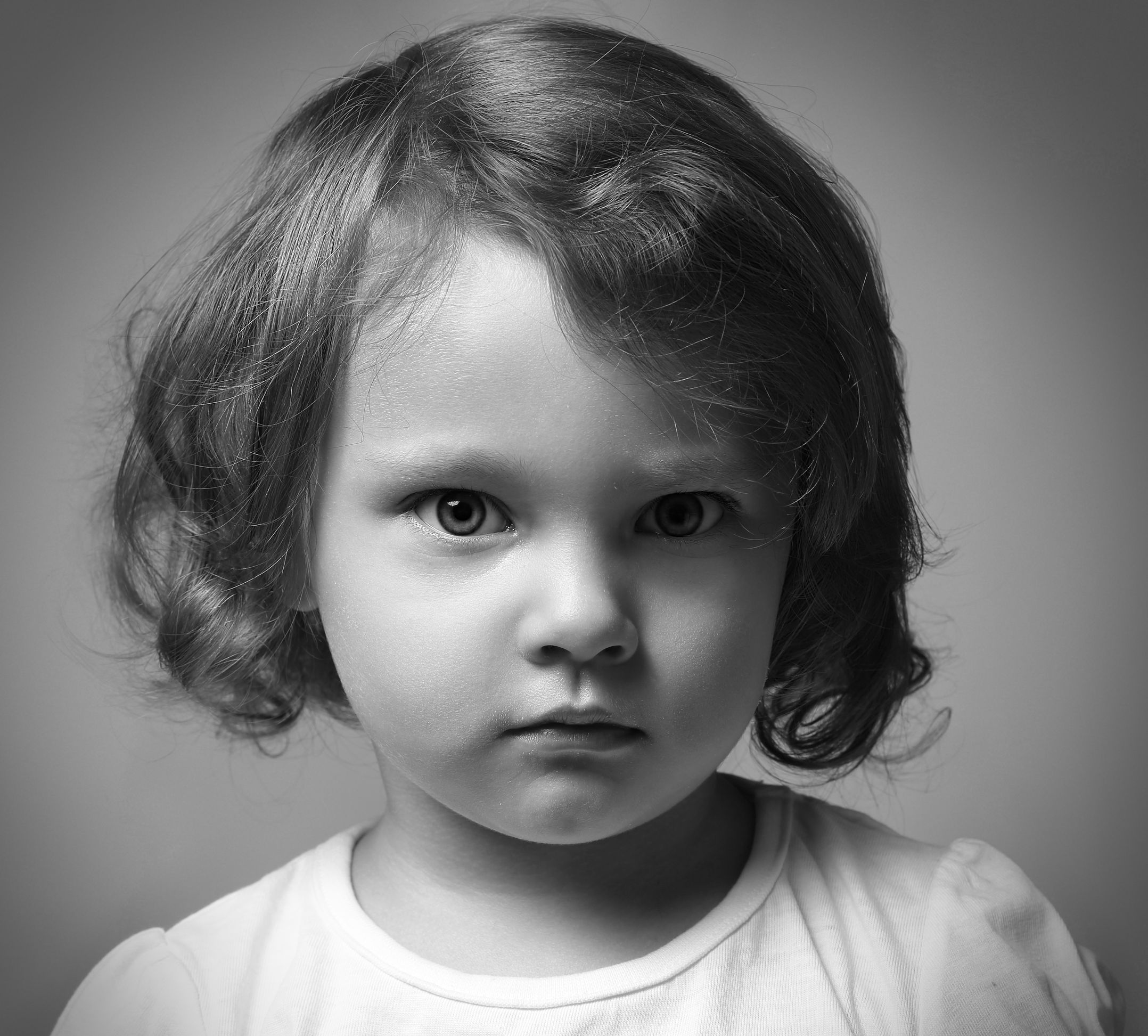
See the many faces of RAD – Reactive Attachment Disorder. RAD Counseling available in Metro Atlanta area, including Hiram, Douglasville, Marietta, Villa Rica GA. Learn more at OrchardHumanServices.org or call (770) 686 0894
Those who are deeply familiar with Attachment Disorder are aware of the heartache, pain, and tragedy. Children of trauma, abuse, neglect, and some forms of family tragedy and hardship are prone to poor development in the area of social skills, identification of emotions of others, and basic senses of compassion, trust, and love. Children in Foster Care and Adoption programs typically have lived through challenges that put them at great risk for developing a disorder of attachment, whether RAD or DSED.
The big challenge is understanding how this problem occurs in the first place … and then how to treat the disorder once it is identified. Hold your seats, because this is exactly what we are going to discuss in the weeks and months to come.
Attachment theory was first described by John Bowlby and investigated by Mary Ainsworth in the 1960s. Attachment is a huge concept that had been completely missed by educators and psychologists up to that point. Clearly, Freud was so consumed with issues or oral and genital fixation that he seemed to have missed the entire Attachment Developmental process.
The notion of Attachment Disorder explains how tiny infants and children are able to learn complex things about being human. Babies learn to notice when their mothers are sad. They learn to match the facial expressions of others … which causes babies to receive loads of positive attention from adults. These early abilities lay the foundation for important human abilities later on … such as compassion, empathy, and relationship.
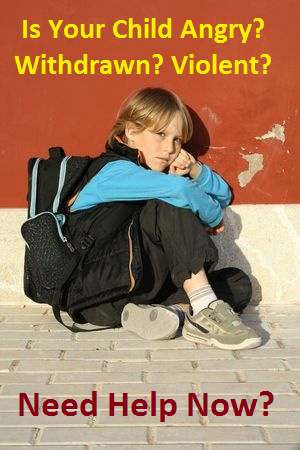
Find help now at OrchardHumanServices.org. Some training and supportive services are available online; direct face-to-face services are available in the greater Metro Atlanta area of GA including Marietta, Douglasville, HIram, and Lithia Springs. Visit OrchardHumanServices.org or call (770) 686 0894
Recent breakthroughs in science have really helped us understand what Attachment Development … and Attachment Disorders … are all about. Brain imaging such as fMRIs (Functional Magnetic Resonance Imaging) show how some children who suffer through poor child care during infancy and early childhood suffer from altered brain structure and function.
What does this mean to parents and caregivers? The human brain is only partially developed at birth. The brain grows important brain cells and brain structures that can be imagined like branches and roots that form an entire tree system. When children suffer through certain experiences like tragedy, trauma, abuse, or neglect, their brains develop altered structures that reflect the forces of their unique situation.
A child of severe neglect, such as a mentally ill parent who is unable to provide proper care and love, may develop a brain that allows functioning in an empty and lonely environment … but this brain pattern is not likely to help that child function in family and school settings later in life. And this is the crux of Attachment Disorder.
The really sad reality is that trauma, abuse, and neglect are only some of the causes of Reactive Attachment Disorder (RAD) and Disinhibited Social Engagement Disorder (DSED). Unfortunately, tragic situations of everyday life may also lead to poor Attachment development. Parents of extreme poverty may be too tired, hungry, or lonely to provide adequate nurturing for children. We all can understand a mother who works 3 jobs to feed her family, who is too tired to cuddle and play with her little ones when she finally gets home.
What is more shocking is that parents of wealth can also transmit attachment problems to their children. Parents who hire childcare employees as replacements for basic parenting can also trigger attachment problems in their infants and children. These becomes a serious challenge when a nanny or governess is secretly callous or uncaring. In some cases, the hired child care giver may neglect or abuse the children of privilege when adults are not looking. In other cases, parents may continuously fire and hire a succession of caregivers, not realizing that each time children experience a change in care givers that it can trigger a deep wound of loss and grief.
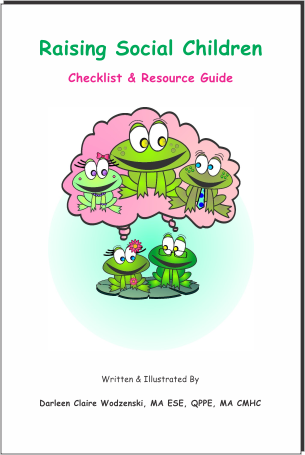 Follow along as we roll out a new strategy to systematically and efficiently address the various aspects of Attachment Disorder, whether RAD or DSED. If you are a parent or caregiver of a child with a disroer of attachment, please visit our nonprofit sponsor – Orchard Human Services, Inc. – to purchase a guide on promoting social development of young children, which is one critical aspect of Attachment Development. Proceeds of the purchase of the book “Raising Social Children” will support the important services by the nonprofit The Orchard Human Services, Inc.
Follow along as we roll out a new strategy to systematically and efficiently address the various aspects of Attachment Disorder, whether RAD or DSED. If you are a parent or caregiver of a child with a disroer of attachment, please visit our nonprofit sponsor – Orchard Human Services, Inc. – to purchase a guide on promoting social development of young children, which is one critical aspect of Attachment Development. Proceeds of the purchase of the book “Raising Social Children” will support the important services by the nonprofit The Orchard Human Services, Inc.
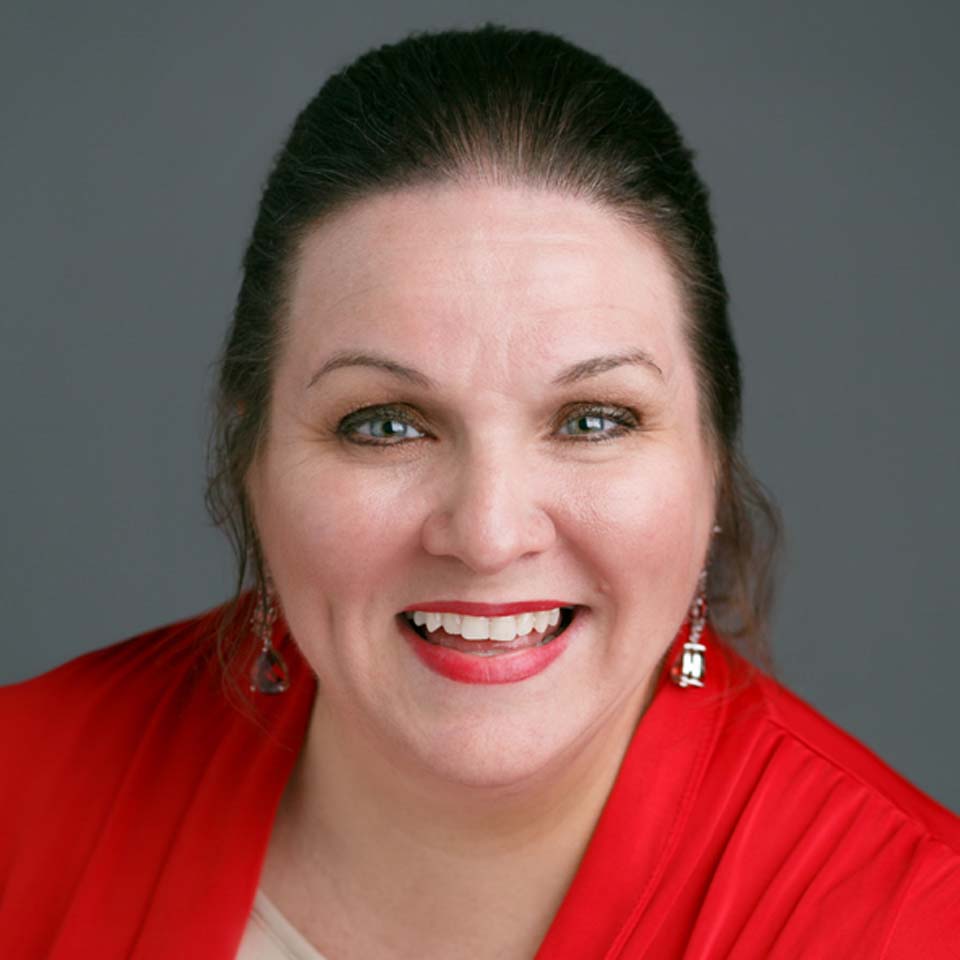
Darleen Claire Wodzenski, MA ESE, MA CMHC, QPPE is a Counselor, Teacher & Parent Trainer, and Special Educator. She is the founder and program developer of Orchard Human Services, Inc … and focuses on promoting healthy development of social, emotional, and attachment capacities of children and teens. You can contact her at OrchardHumanServices.org or call (770) 686 0894.
Want to read more from Darleen Claire? In addition to DarleenClaire.com, you can find more at ParentBlog.org, OrchardHumanServices.org, and YourTango.com.
![Learn about Reactive Attachment Disorder [RAD] and the new Disinhibited Social Engagement Disorder [DSED] from the latest DSM-5. What do these children act like? How do you know a child has RAD/DSED? How do you help these children? What are the therapies and treatments that work? Find answers now. Check out DarleenClaire.com to read more about RAD, DSED & Attachment Disorders. Schedule RAD Counseling in Atlanta, Ga (770) 686 0894 OrchardHumanServices.org](https://www.drdarleenclaire.com/wp-content/uploads/2015/09/children-026.jpg)
Learn about Reactive Attachment Disorder [RAD] and the new Disinhibited Social Engagement Disorder [DSED] from the latest DSM-5. What do these children act like? How do you know a child has RAD/DSED? How do you help these children? What are the therapies and treatments that work? Find answers now. Check out DarleenClaire.com to read more on RAD, DSED & Attachment Disorder. Schedule RAD Counseling in Atlanta, Ga (770) 686 0894 OrchardHumanServices.org

